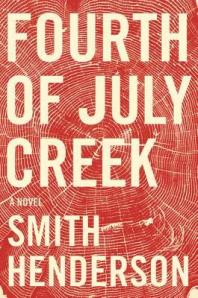“There are small blessings, tiny ones that come unbidden and make a hard day one sigh lighter.”
Good writing is one such blessing. I ordered this book based on my mom’s rave and spent a wonderful few days entranced by Mira Jacob’s wonderful debut novel. It’s the rare book that continues to get better as it goes on, but in this case I couldn’t put the story down once I was into the second half.
The plot is nothing remarkably new. Amina is a thirty-something who has to return home to deal with a sick parent. Of course her family is fractured, with buried secrets, tragedy and misunderstandings; but on top of the predictable, Jacobs layers an Indian immigrant’s story. Then, she goes a step further, through Amina’s career as a photographer, to highlight the ideas of isolation and belongingness. Without being overwrought or sappy, she breathes life into this family and into her themes in a compelling way.
“It wasn’t that she doubted their love or intentions, but the weight of that love would be no small thing.”
I understood Amina, but more importantly, I liked her. And I adored all the surrounding characters, especially her parents. They start out as the typical stereotypes of overbearing mother and ambitious professional father, but their stories evolve to become complex and emotionally touching.
“Why is it that fathers so often ensure the outcome they are trying to avoid? Is their need to dominate so much stronger than their instinct to protect? Did Thomas know, Amina wondered as she watched him, that he had just done the human equivalent of a lion sinking his teeth into his own cub?”
Amina’s relationship with her parents held special resonance for me as they faced many quality-of-life decisions. What is real? What is right? Who controls the outcome? All of these questions (and more) come to play in very honest ways, bringing me to tears on several occasions.
Across the board, Jacobs does a terrific job of fleshing out every character she introduces, admirable given the fact that this novel stretches almost 500 pages, three decades and two continents. As the story comes to its beautiful ending, I found myself completely satisfied.
Highly recommend.
Read alikes:
The Namesake
Sister of My Heart








